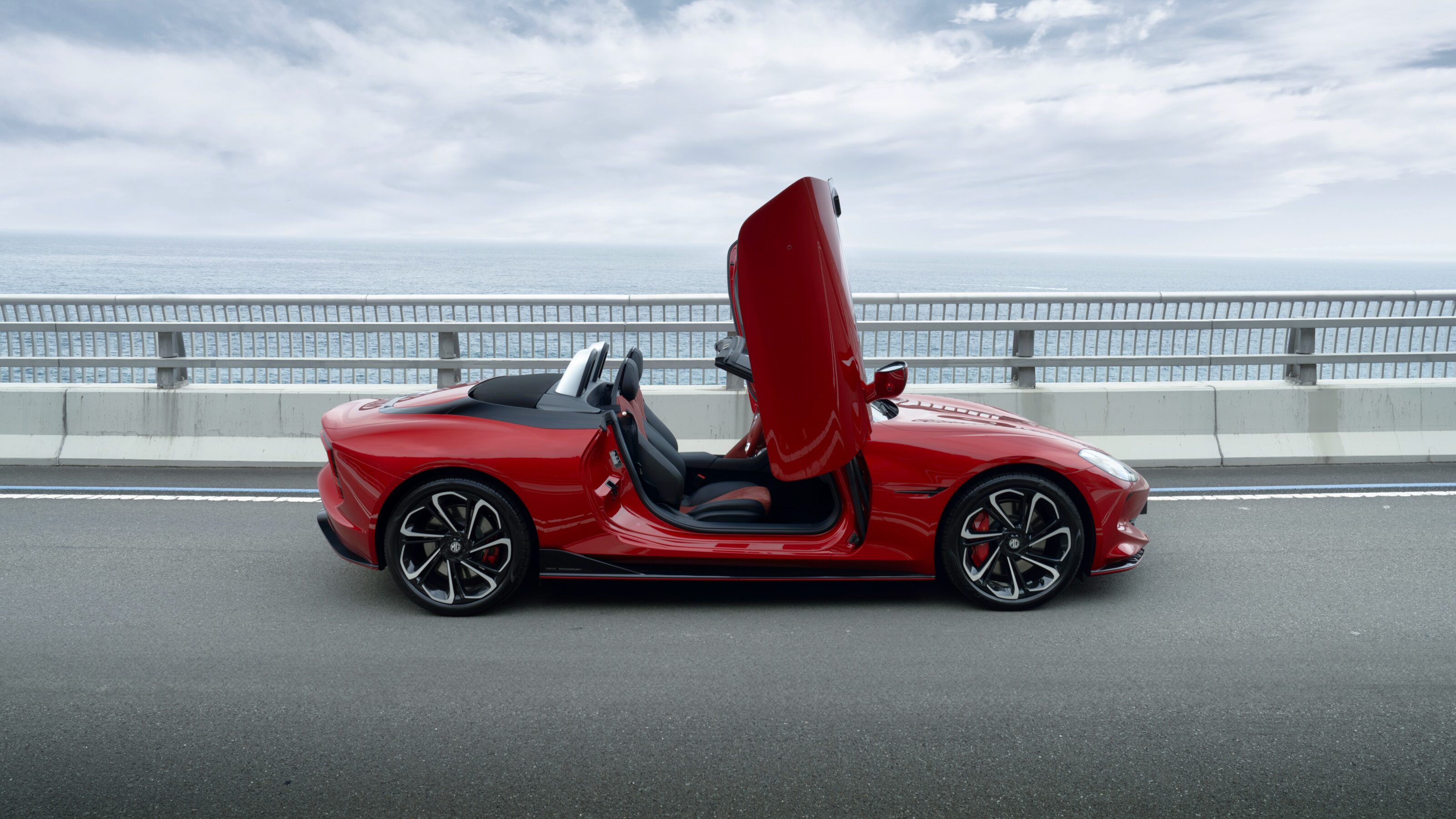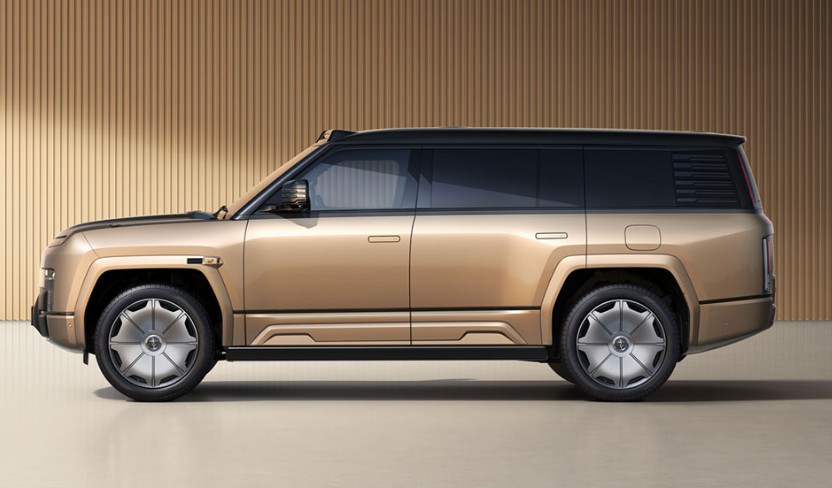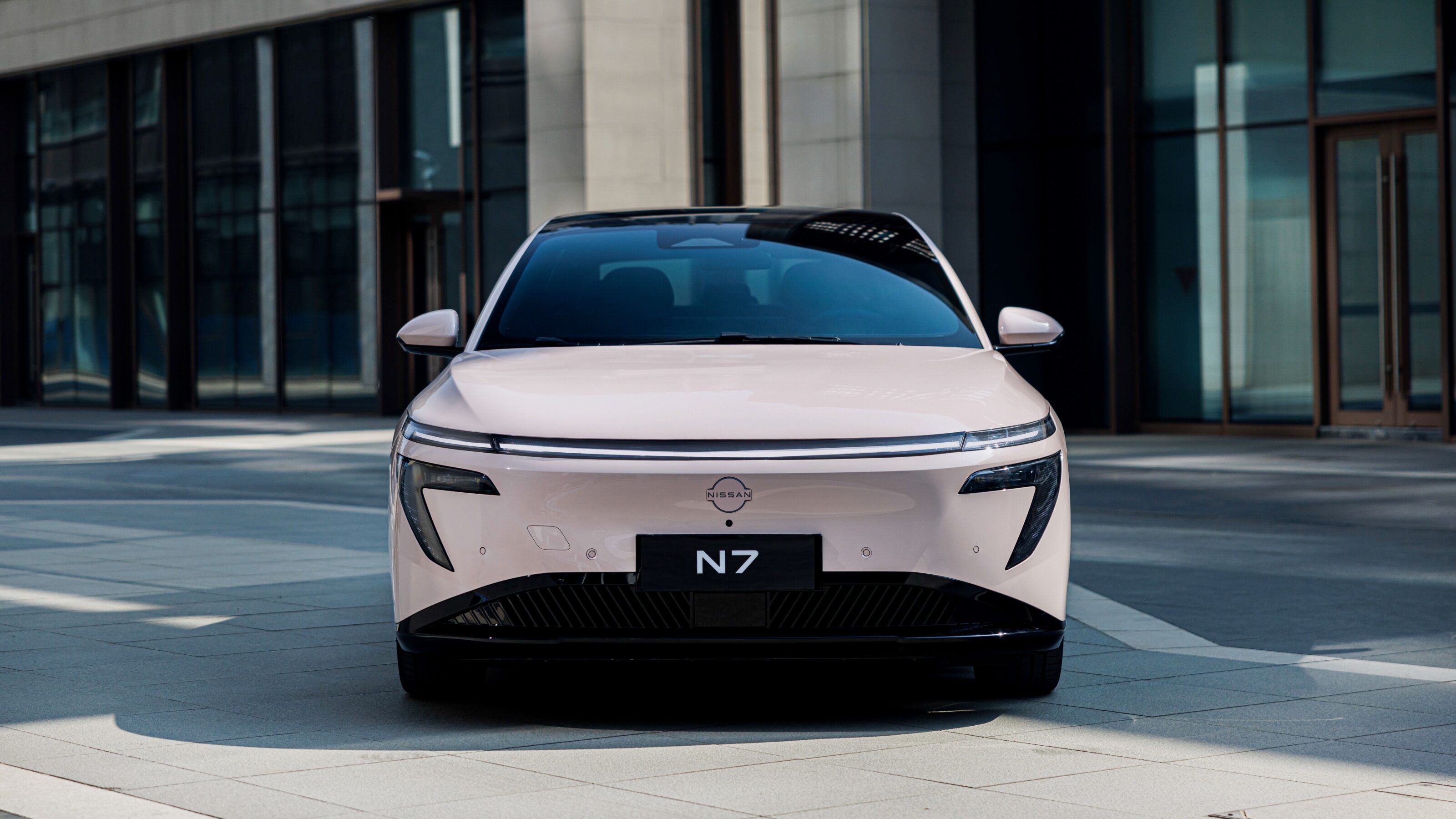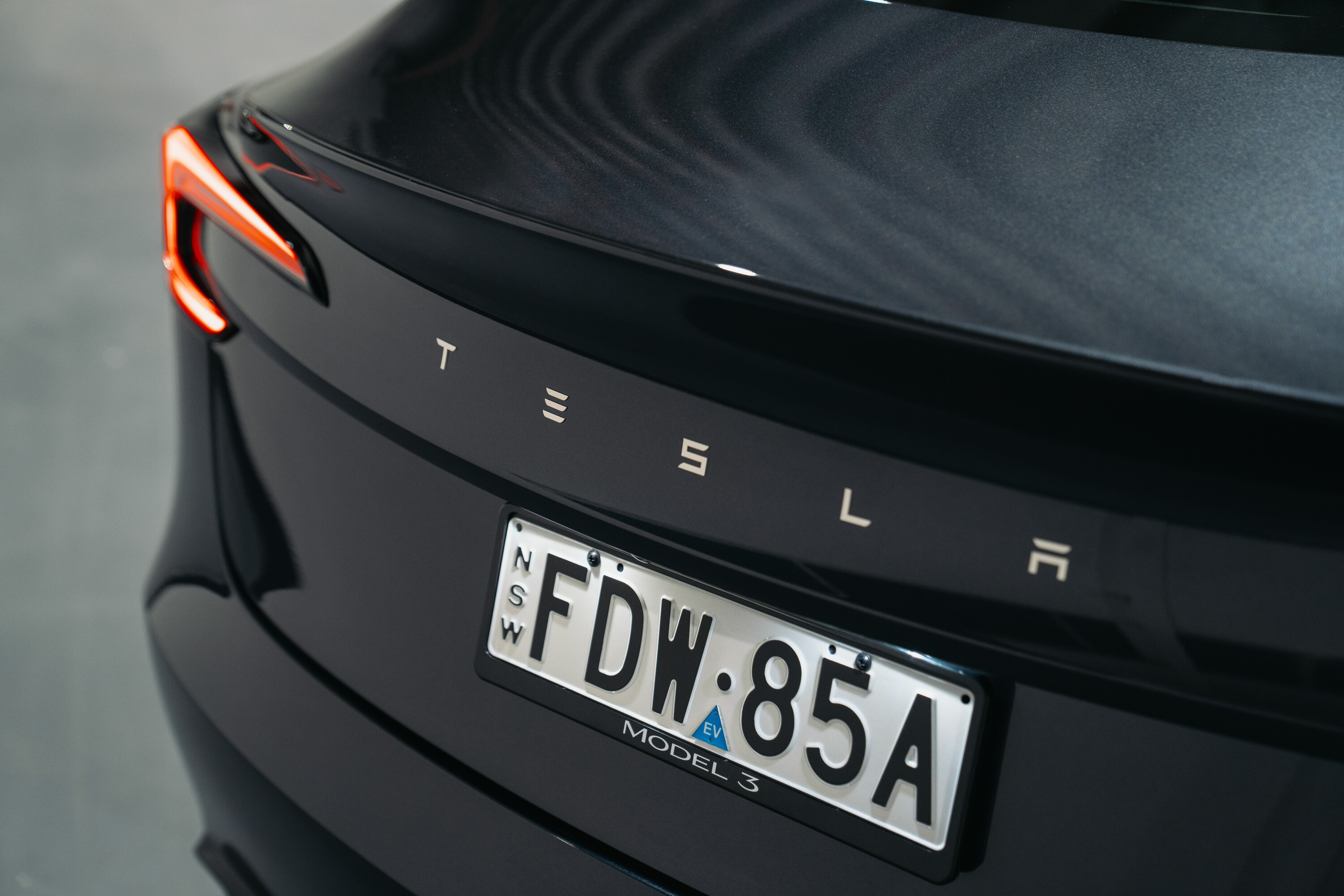
Tesla has launched an attack on Australia’s Federal Chamber of Automotive Industries – a body that counts Tesla among its membership and board members.
The American carmaker has submitted to the Federal Government its comments on the proposed New Vehicle Efficiency Standard (NVES), attacking the Federal Chamber of Automotive Industries for what it sees as lobbying against and lying about the proposal in an attempt to delay climate change action.
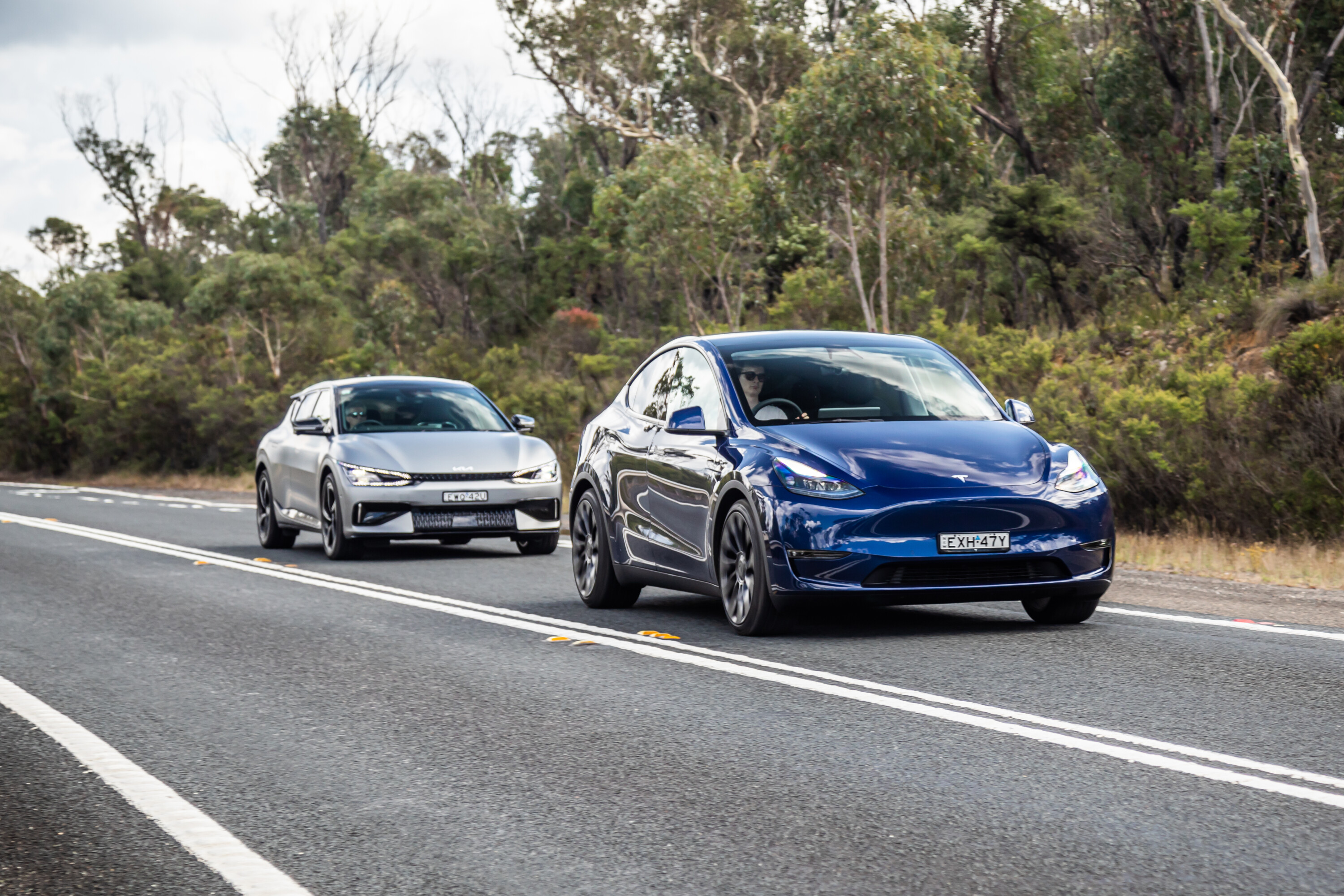
Tesla accused the FCAI of running a “concerted public campaign” and repeatedly making “plainly false” claims, including that prices of popular utes would increase by up to $13,000, despite knowing this was not how the scheme would work.
The FCAI, it says, proposes a scheme based on an existing voluntary program that it oversees, with open discussions within the FCAI acknowledging their proposal would not cut emissions before 2030.
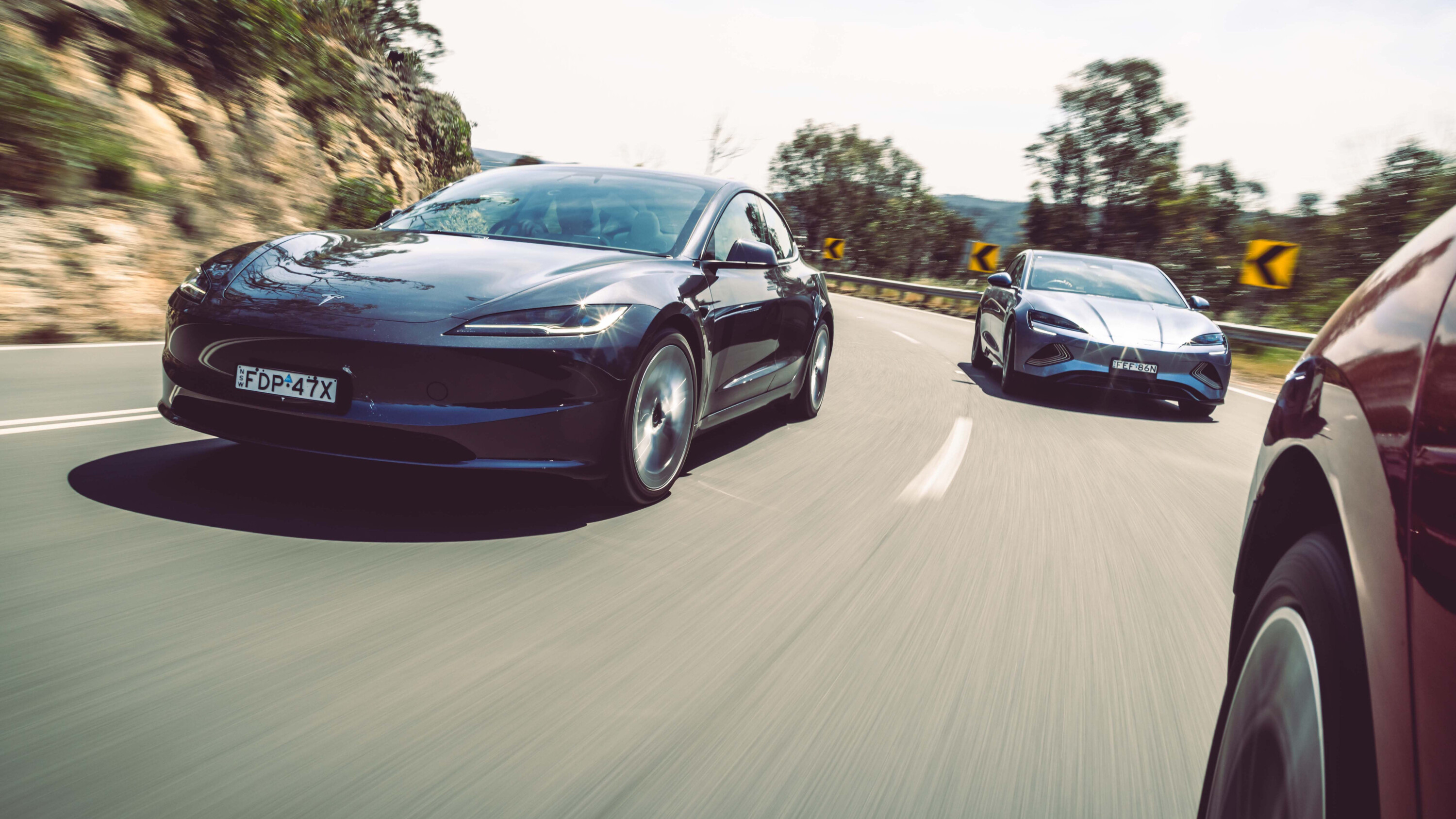
Greenhouse gas emissions from vehicles would actually increase 25% between 2024 and 2030 under the FCAI proposal, Tesla estimated.
“The FCAI knew that its targets would actually allow carmakers to increase emissions because of enormous loopholes that create hundreds of thousands of electric vehicles that only exist on paper,” Tesla said in its submission.
The Tesla submissions states that the FCAI:
- based its calculations on the most polluting type of each car model only;
- misrepresented how an efficiency standard would work (ignoring that penalties would not be applied to individual cars and companies would be expected to increase their range of clean vehicles to offset more polluting models); and
- claimed two popular Tesla models would fall in price by about $15,000 next year without checking with the company if this was the case.
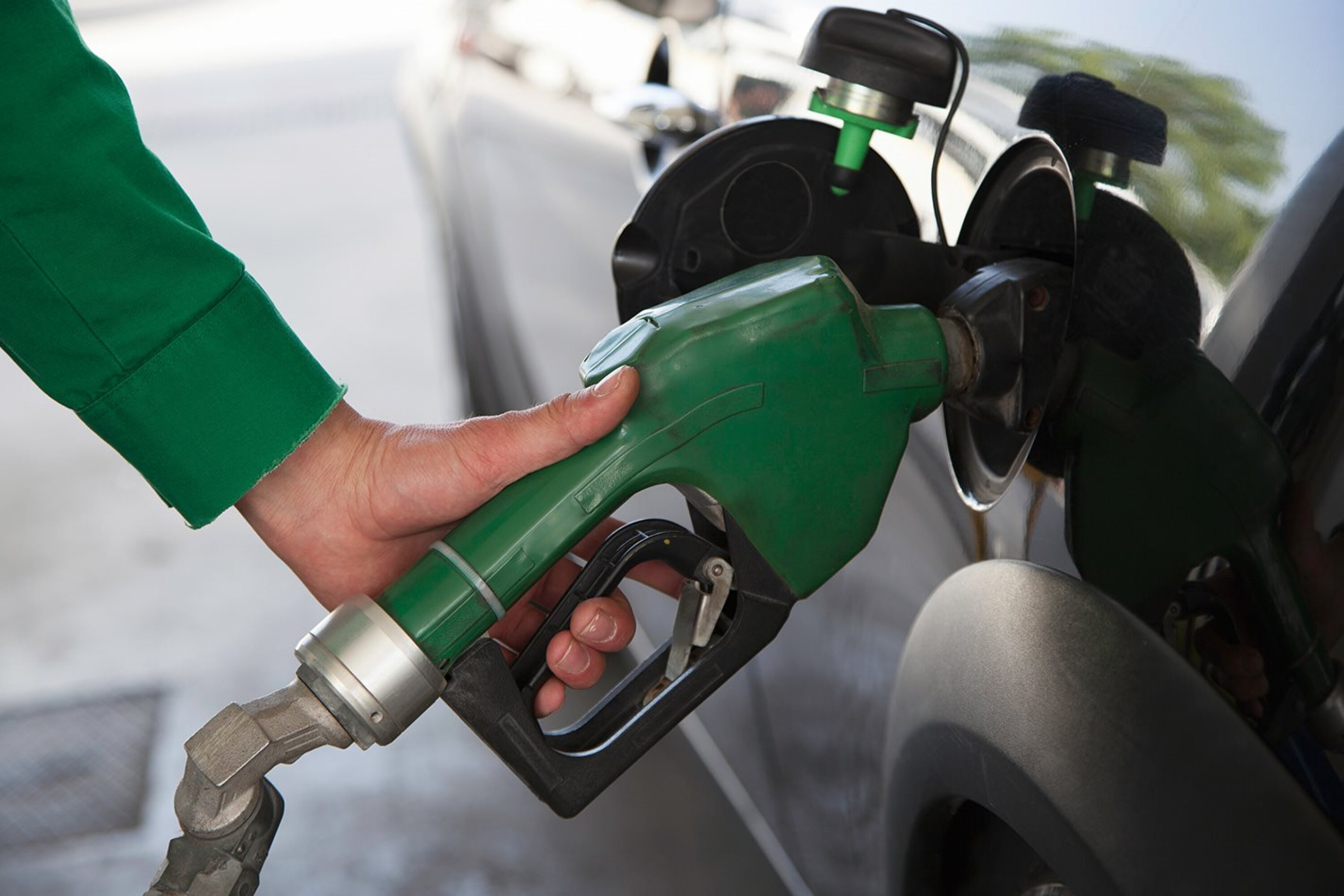
Tesla claims the FCAI is not representing members equally
Many FCAI members have expressed support for the NVES, as well as publicly committing to stop selling ICE cars in major markets by 2035 (e.g. Ford, Jaguar Land Rover, Volvo and Mercedes-Benz).
Rather than representing all members, Tesla said the FCAI on this issue was “representing only one section of the industry: those companies who would continue to delay action on the climate crisis”.
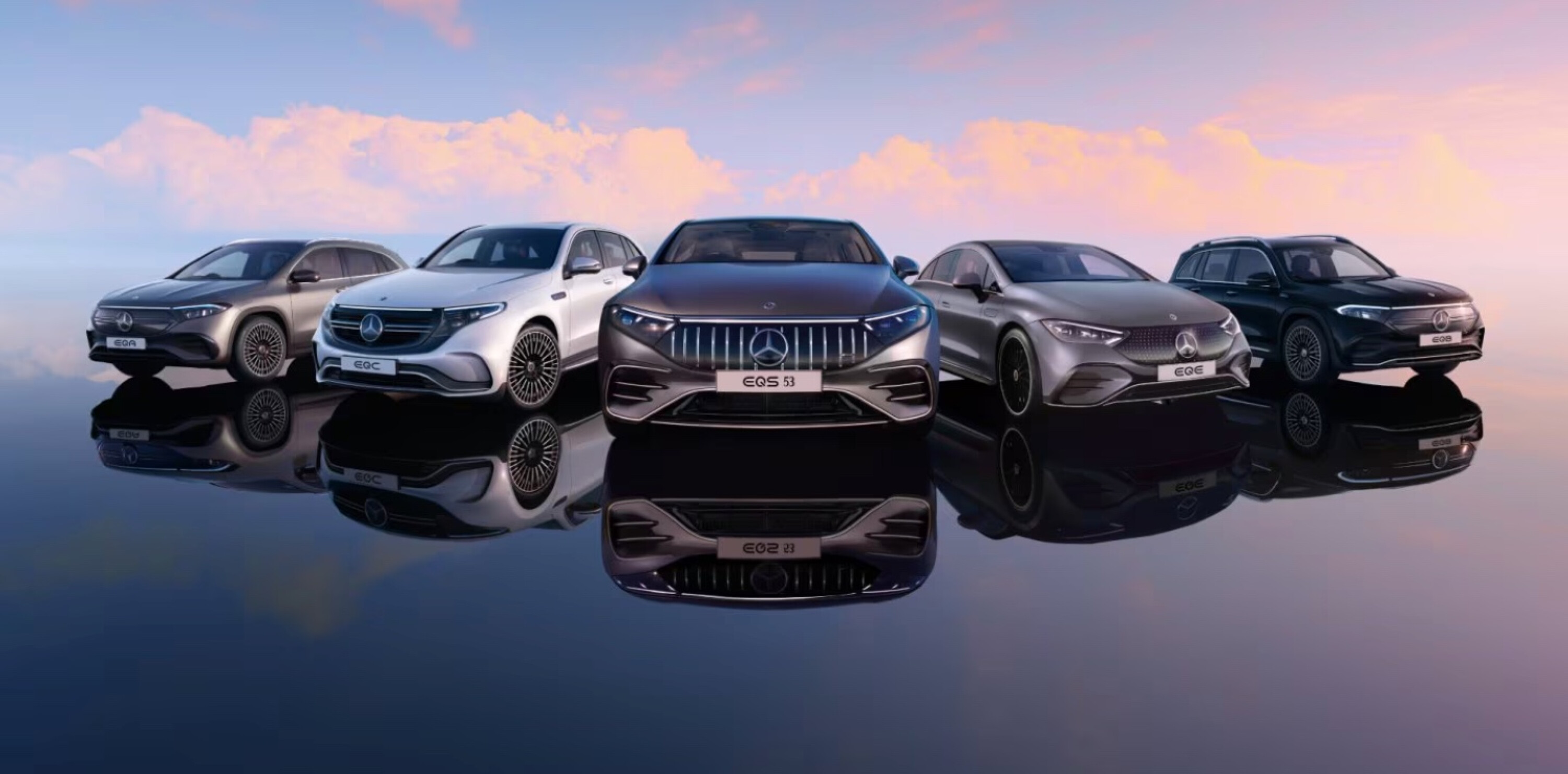
“Tesla is both a member of the FCAI and represented on its board, so it’s important that Tesla makes clear its disagreement with the submission made by the FCAI to this review, and with false claims it has made in the public discussion of vehicle standards.”
The FCAI responded, “The FCAI and its members, which includes manufacturers of vehicles ranging from battery electric through to petrol and diesel engines, want to continue to play their role in combating climate change and providing Australians with the zero and low emission vehicles they can afford, want to drive and … that meet their family, personal, recreation or work needs”.
It stands by its analysis of how vehicles sold in 2025 would be affected if last year’s sales patterns were repeated.
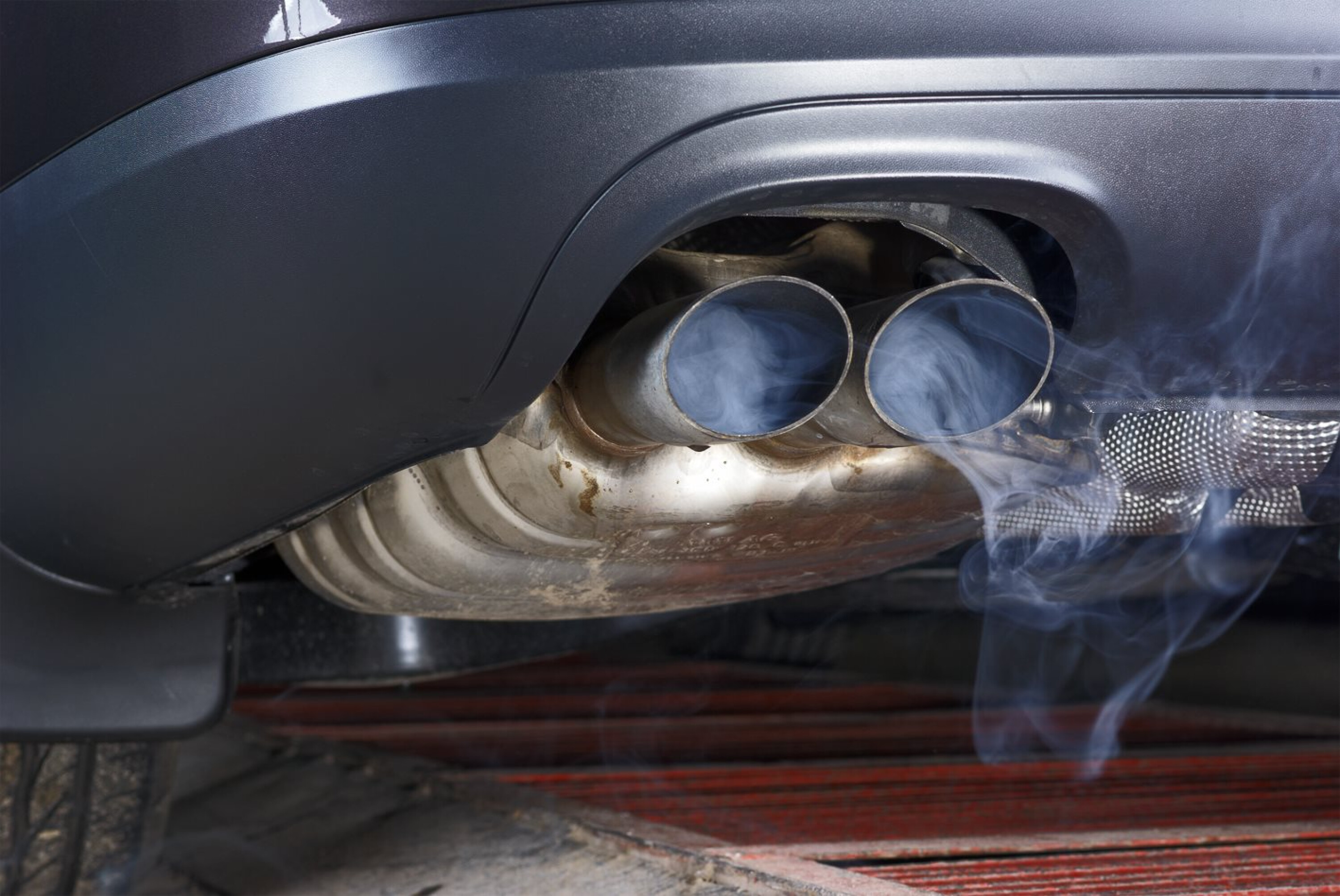
We recommend
-
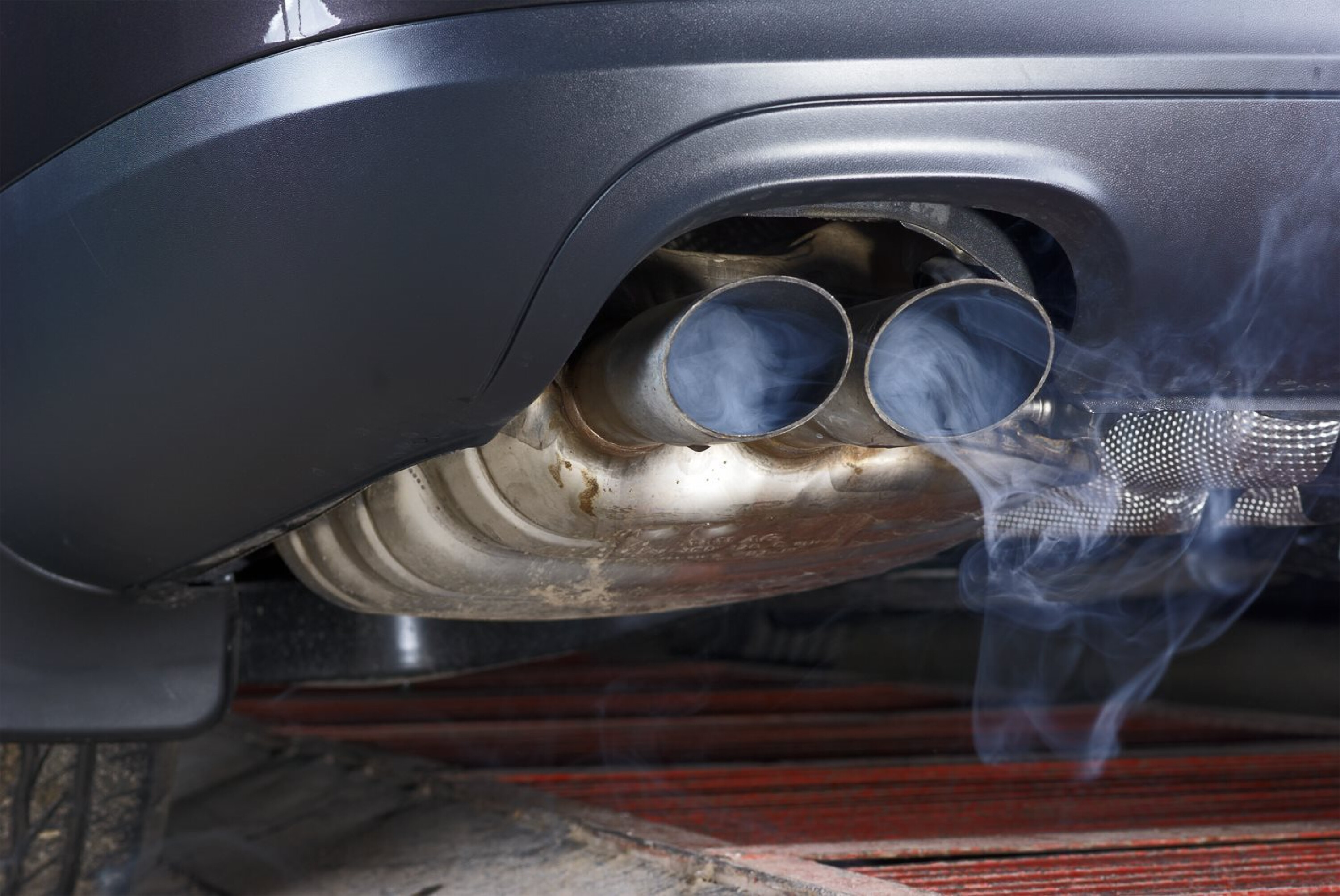 News
NewsUnpacking Australia’s New Vehicle Efficiency Standard: What does it mean for you?
What options do we have for Australia's upcoming fuel efficiency standards?
-
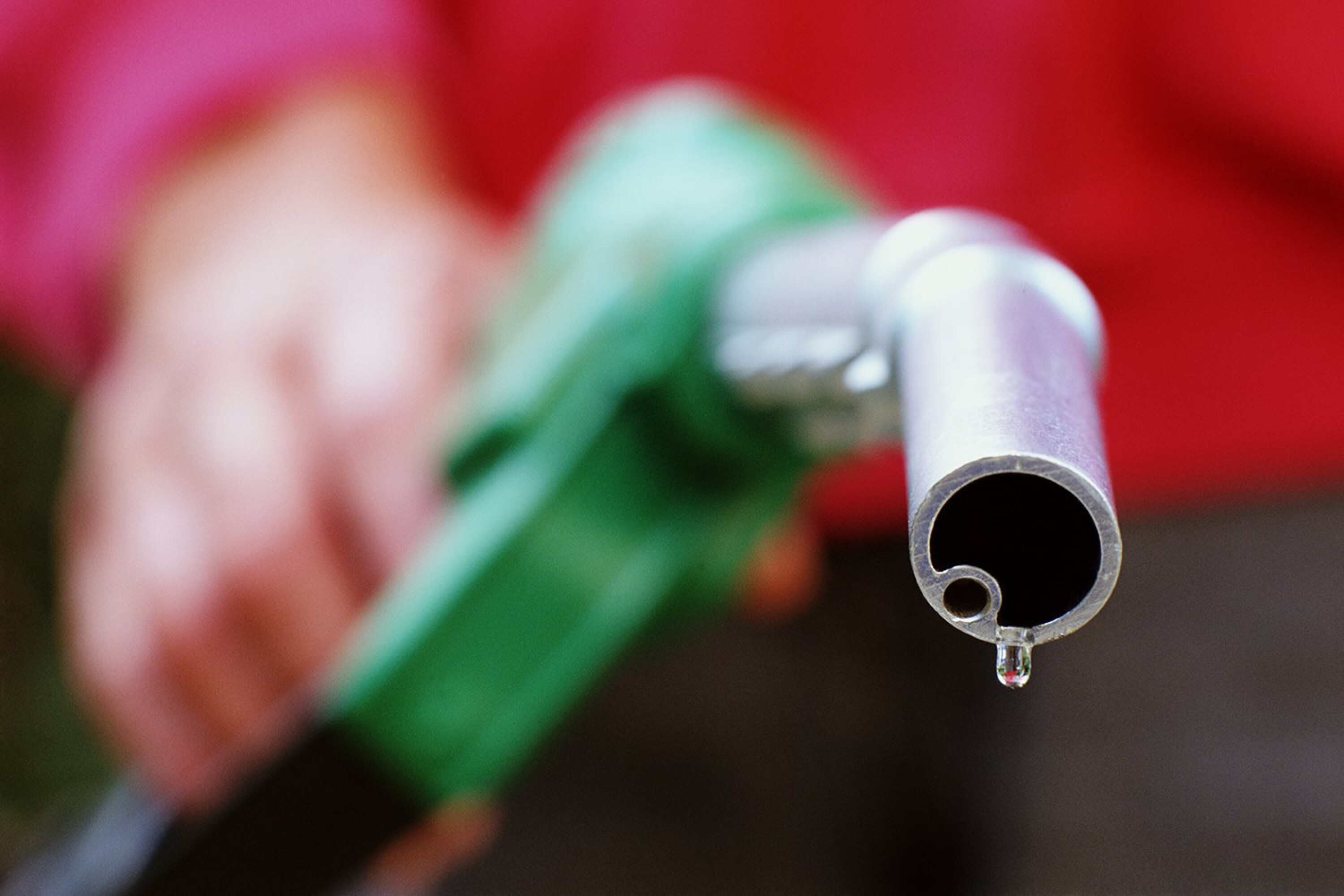 News
NewsClimate Council expects significant fuel savings under proposed NVES
NVES will cut new car-buyers fuel bills, according to Climate Council
-
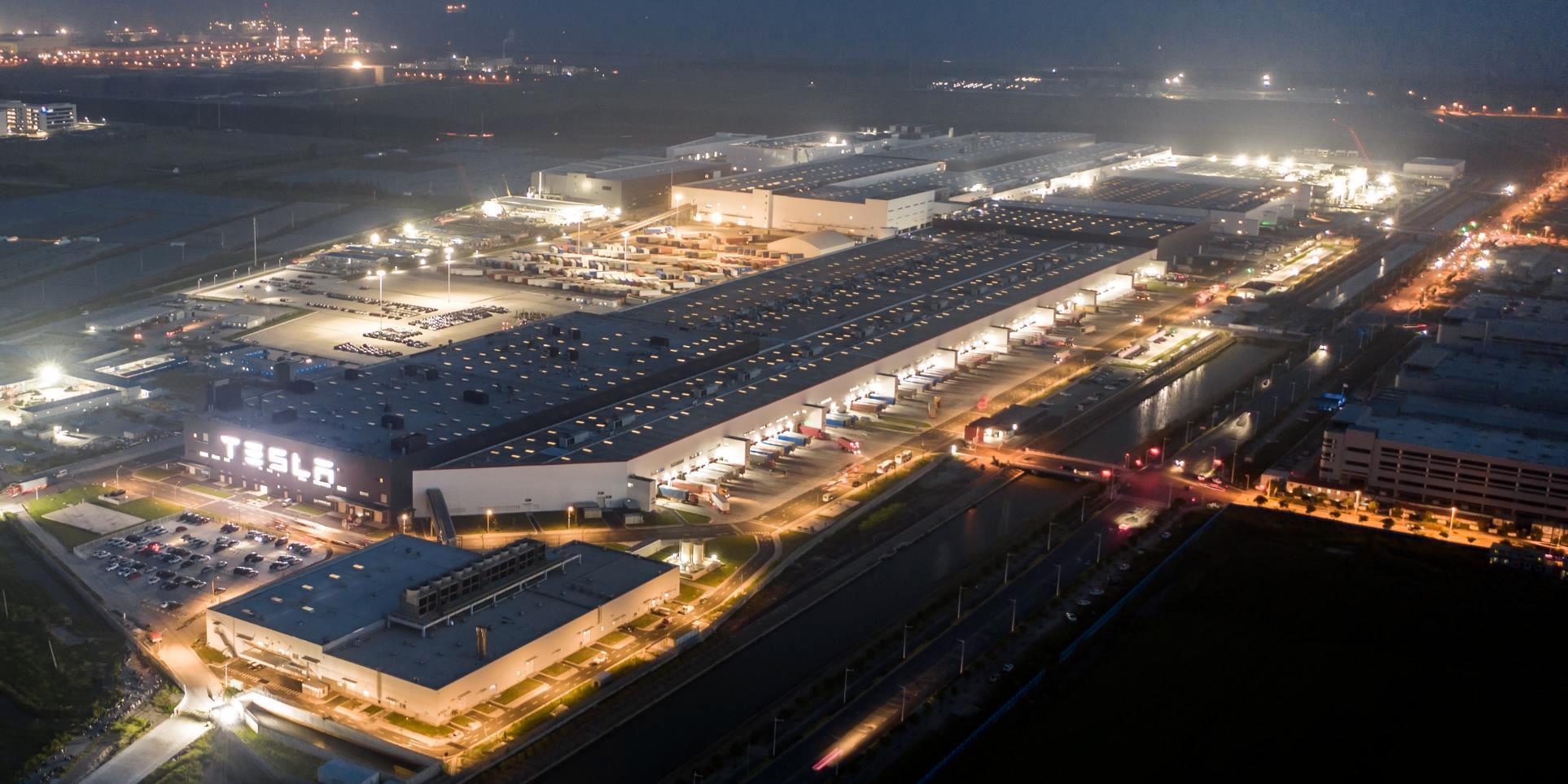 News
NewsTesla begins groundwork to expand production
A big hiring push by Tesla’s factory in China looks to be good news for Model 3 buyers


